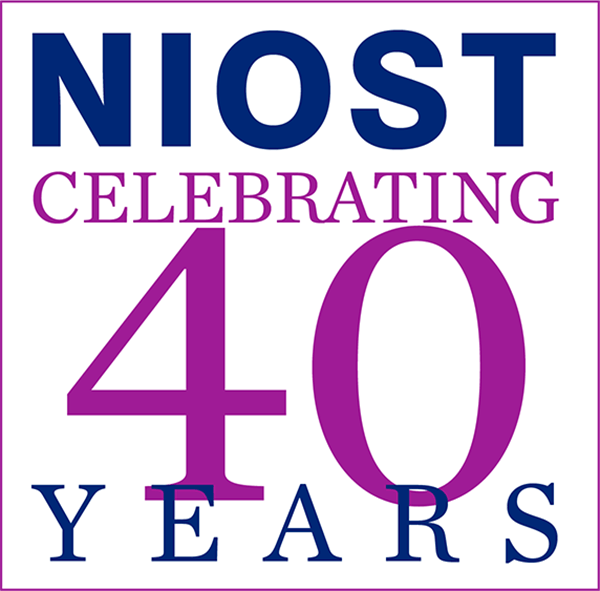NIOST: Our Vision for the Future
NIOST envisions a world where all children have access to high-quality, sustainable out-of-school time (OST) programs that help them develop into effective members of society. NIOST’s primary focus is on improving the quality of OST programs for all.
The following core beliefs drive every action we take to pursue that goal:
- All children should have access to quality OST programs.
- Professionalizing the field is one of the best ways to drive quality.
- Our research and evidence from the field define “quality.”
- Best practices can look different in different settings, under different providers, and/or for different children.
- Collaborations accelerate the impact of quality improvement efforts
At NIOST, we believe in supporting quality OST experiences for all children, youth, and OST workers. To support quality for all, we strive to incorporate the needs and perspectives of youth, families, and the OST workforce as we shape our research, training, and partnerships. As leaders in the OST community, we seek to proactively utilize research, data, program planning tools, professional development, feedback, and other resources to assure a high quality OST experience for all.
Mission
NIOST supports the healthy development of children, families, and communities, and advances the OST field through our research, training, advocacy, and tools. We help before-school, afterschool, expanded learning, and summer programs get better at what they do.
NIOST and the Wellesley Centers for Women
NIOST is a program of the Wellesley Centers for Women (WCW), a premier women- and gender-focused, social-change-oriented research-and-action institute at Wellesley College. WCW’s mission is to advance gender equality, social justice, and human wellbeing through high-quality research, theory, and action programs. NIOST is one of WCW’s largest and oldest action research institutes.
Impact
NIOST first brought national attention to the importance of OST programming in the 1970s as a strategy to help women enter and stay in the workforce. Since then, we have focused on the ways in which OST programs can build on the work of schools, especially in high-need communities, to improve children’s wellbeing and life prospects.
NIOST’s work bridges the worlds of research and practice. We advance the field of OST by
- Influencing policy
- Guiding community action to make OST programs more available and sustainable
- Developing research-based standards for OST programs and practitioners
- Enhancing the leadership, youth development, and quality improvement skills of practitioners and program managers
- Showing OST programs how to continuously improve through evaluation and discussion with all stakeholders
- Building OST systems in cities, states, and regions across the nation
Strategic Goals
NIOST has established three main goals for the coming decade:
I. Maintain our leadership role in accelerating the quality of OST programs.
Quality OST programs provide valuable experiences for children and youth. To support the goal of quality OST programming for all children and youth, regardless of their background, status, or achievement, we will:
- Continue to research program quality, integrating evidence-based practices from the United States and around the world, into industry standards while considering individual community needs, cultures, and preferences.
- Develop curriculum frameworks that support quality practices for programs to customize and implement.
- Expand our training and consulting to support OST programs, workers, and systems
II. Partner with others who are passionate about OST program quality.
We will deepen our collaborations with Wellesley College and researchers at the Wellesley Centers for Women; with other research and education institutions; and with public, private, and community-based organizations that care about youth. We will also tap into our extensive network of consultants and subject matter experts across the country for research, evaluation, training, and advocacy.
III. Promote our knowledge and findings to strengthen the field.
We will disseminate our action research and apply our expertise to promote comprehensive quality programming, with a particular focus on meeting the needs of underrepresented and underserved communities. We will continue our advocacy and public policy work, always promoting effective practices, support for the OST workforce, strong industry standards, and equal access for all families.



